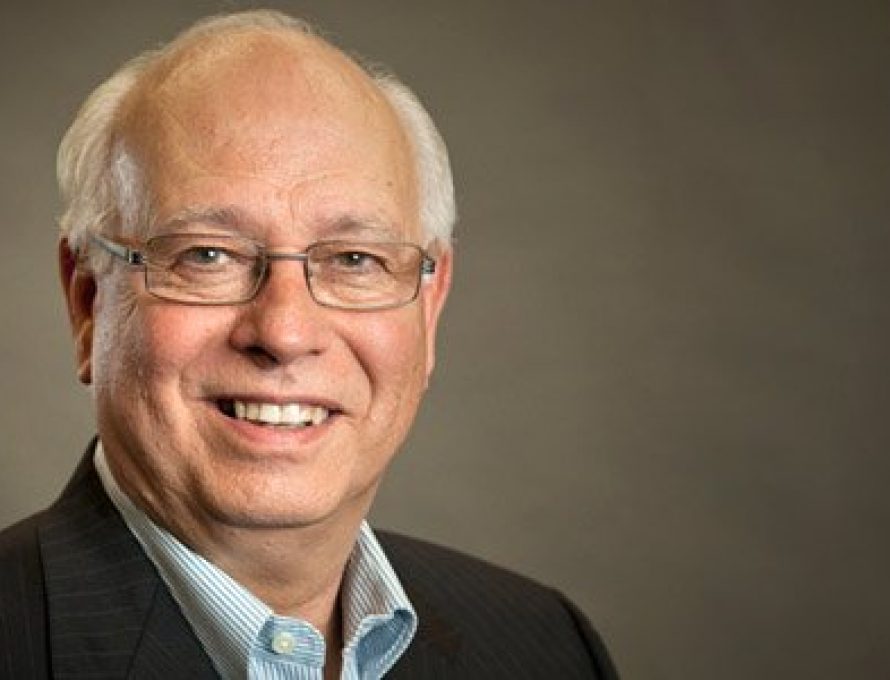Of late, I have been stricken once again by how valuable words are. My wife Sharon thinks that hearing from my lips the words, “I love you,” are very important to say at the start of the day.
These days, I’m not sure how common it is to teach the young the two little magic phrases, “Please” and “Thank you.” I do know that a grateful heart is often associated with these words. Gratefulness and humility are always in vogue no matter the context of a person’s experience.
The other day, I heard an amazing presentation from Scott McConnell, who leads Lifeway Research. Some of his information was amazing, but most of it was challenging for church leaders. He identified a group called “nones.” I have heard about them for some time. They are that group of individuals who have no specific religious commitment. In 1972, only 5 percent of adult United States citizens were accounted to that group. That is a ratio of one person out of every 20.
In the early 1990’s, that number maintained single digit status. By the end of the decade, the number rose to 15 percent and stayed there until the year 2000. Then the number significantly rose. In 2018 (the latest data), the number of “nones” had increased to 23.1 percent, or a ratio very close to one person out of every four identified as a “None-no commitment to a faith group.” And most of these were in the 18-40-year-old category.
There are lots of reasons we could give for this growing number. One, we cannot ignore the reality that 70 percent of unchurched Americans have never had a Christ-follower explain to them how to be a follower of Christ.
Think about it: a person without knowledge of a life preserver doesn’t know how valuable it is when the ship is sinking. People without knowledge of the gospel do not have an understanding about its redemptive power when the ship of life is crashing onto the gates of hell.
The presentation was excellent, but I took issue with the use of the word “Nones” to describe this group. For some strange reason, researchers have failed to acknowledge the reality of three and half decades of secular naturalistic humanism for the bulk of publicly educated students in the United States. The national television has joined the chorus spewing out the tenets to this particular religion. As much as Baptists are people of the Book, the advocates for an alternative faith have followed the script of the “Humanist Manifesto I, II, and III.” Their brand theme is “good without God.”
If we surveyed the bulk of our public education teachers (we won’t even go to the realms of higher education), you would find that most want to just help students learn and become life-long learners. However, over the course of time, the curriculum and regulations have made this increasingly more difficult, even in the most conservative communities.
Word alert: every time you see the word “nones,” it identifies those who bow to a cultural god of their own humanistic making.
Word alert 2.0: among pro-life people, why do we continue to use the word “unborn” instead of “yet-to-be born”? Is it the economy of space for a word? Hey folks, we don’t use lead-set type anymore and a few more digits help pro-life people tell a more accurate narrative.
“Un” as a prefix meaning “not.” That is the problem. The “not-born” is a fatal meaning that takes a step away from the person within the womb. On the other hand, “yet-to-be born” implies that the person in the womb has not yet arrived.
The word “unborn” reached its crescendo in the media this week due to a Texas law passed by a courageous state legislature and upheld for the time being by SCOTUS. The new, unique law allows private citizens to bring suit against abortion providers. The result has virtually shut down the abortion industry in Texas and spares the lives of children once a heartbeat is detected (at about six weeks of gestation). Great news!
Such a law doesn’t change the heart of people, but it does spare the life of a child even though he/she is yet-to-be born.
Abortion regulations create more ministry. With more children living and mothers carrying their children to term, Christ-followers have more opportunity to step up through the ministries of the Missouri Baptist Children’s Home (mbch.org). The MBCH pregnancy resource centers, adoption services, sex-trafficking rescue, and foster care are vital links to making a difference in the lives of children. Your church’s support through the Cooperative Program and the Missouri Missions Offering creates professional, compassionate help for children and families across the state of Missouri.

